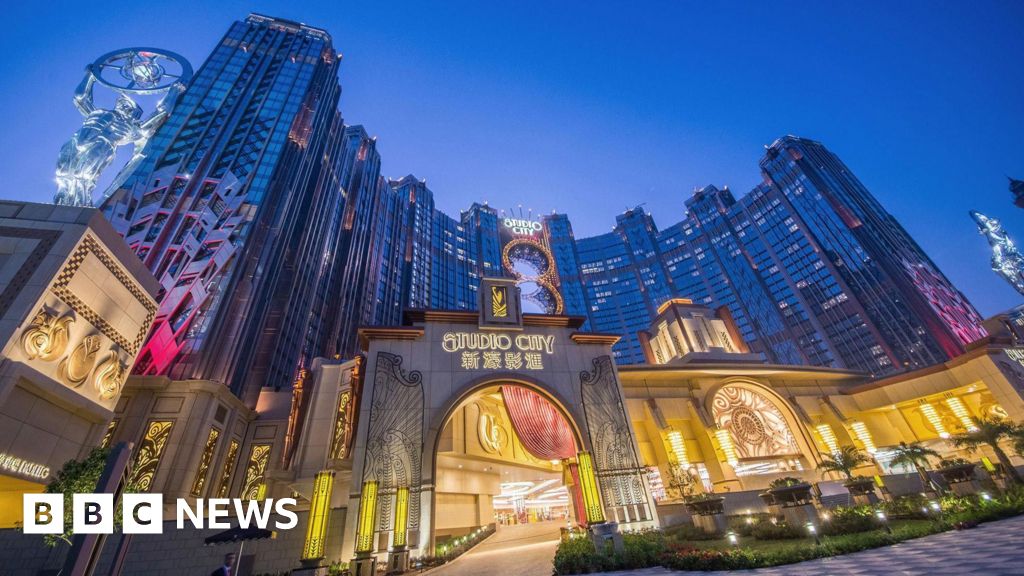Macau: From Gambling Hub to Healthcare Tourism Destination
Macau’s Shift Towards Healthcare Tourism
Macau, renowned as the world’s largest gambling hub, is embarking on a transformative journey to establish itself as a prominent center for healthcare tourism. This shift comes in the wake of the region’s economic challenges during the Covid-19 pandemic, which forced casinos to close and significantly impacted revenues.
The Launch of Luxury Medical Services
This week marked a significant milestone with the opening of a luxury resort hospital, offering a range of medical services including health screenings, advanced imaging, and cosmetic procedures. This initiative reflects a broader strategy, driven by Beijing, to diversify Macau’s economy beyond its traditional reliance on gambling.
Economic Diversification Efforts
Historically, Macau has attracted nearly 40 million visitors annually, primarily drawn by its vibrant gaming scene. However, officials are now keen to redirect this influx towards healthcare and technology sectors. The newly established iRad Hospital, located within the Studio City resort, aims to encourage longer stays and increased spending by offering premium healthcare services.
The Historical Context of Macau’s Economy
Macau’s gaming industry began its rapid expansion in the early 2000s, following the opening of its gambling market to international operators. Since surpassing Las Vegas in gaming revenues, the region has faced challenges in diversifying its economic base. Currently, gaming-related taxes continue to constitute the majority of government revenue.
Political Influences on Economic Strategy
The push for economic diversification is likely influenced by directives from the Chinese government. During a visit in late 2024, President Xi Jinping underscored the importance of "economic diversification" and the development of "new industries with international competitiveness." Unlike Hong Kong, which has experienced significant political unrest, Macau has maintained a relatively stable relationship with Beijing. However, recent political developments, including disqualifications of candidates in legislative polls and the imprisonment of a prominent gambling tycoon, suggest a tightening grip from the central government.
The Future of Medical Tourism in Macau
The Chinese Communist Party’s concerns over wealth disparity and its push for "common prosperity" have prompted a reevaluation of Macau’s economic model. The region’s burgeoning medical tourism sector is seen as a viable alternative, especially as Asia becomes a hotspot for medical travelers seeking affordable and high-quality healthcare. Countries like South Korea and Singapore have already established themselves as leaders in this field, attracting wealthy patients for cosmetic and advanced medical treatments.
A Growing Global Industry
The global medical tourism market is valued in the tens of billions of dollars and is expected to witness substantial growth in the coming years. Macau’s strategic focus on healthcare tourism could position it as a competitive player in this lucrative industry, appealing to both regional and international patients.
Conclusion
Macau’s transition from a gambling-centric economy to a diversified healthcare tourism destination represents a significant shift in its economic strategy. As the region seeks to redefine its identity and attract a new demographic of visitors, the success of this initiative will depend on its ability to deliver high-quality medical services while navigating the complexities of political and economic pressures from Beijing. The future of Macau may very well hinge on its ability to adapt and innovate in the face of changing global trends.


